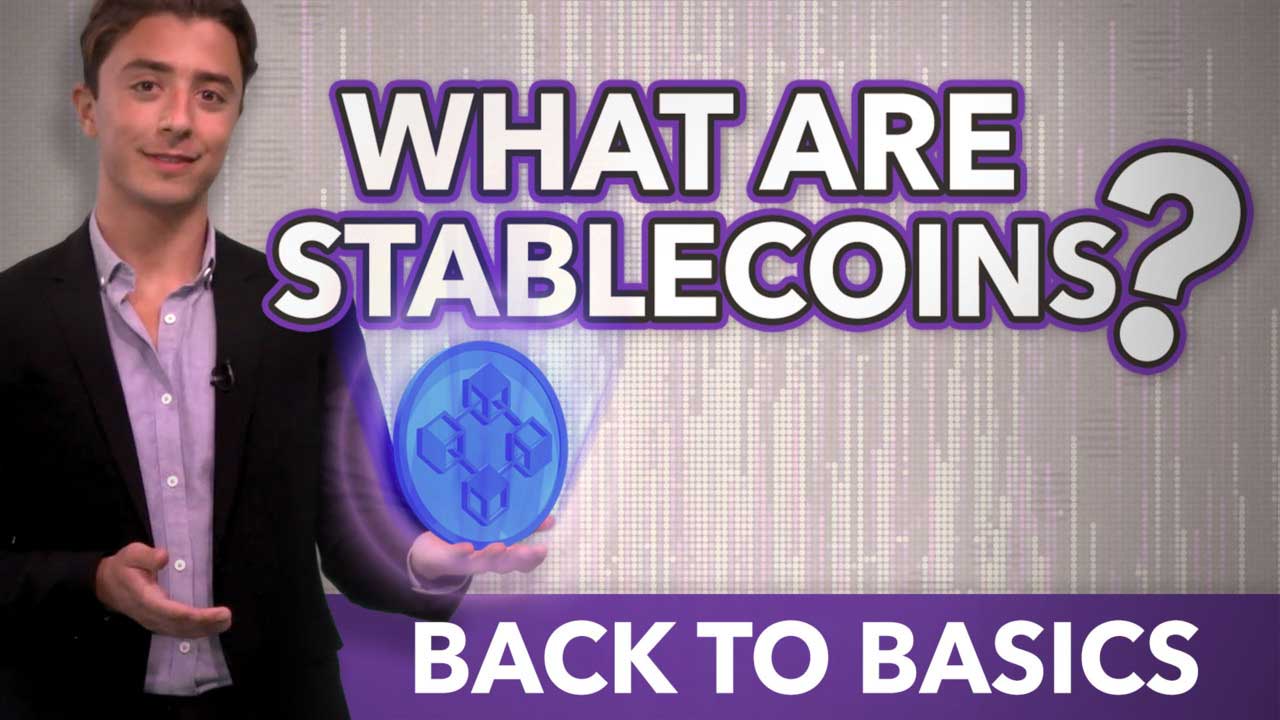
Financial technology—fintech—opens opportunities to boost economic growth, especially for financial inclusion, but policymakers must also address the risks. Read the latest IMF research on these issues, including the future of digital currencies.

Rules on crypto assets and infrastructure for blockchain innovation need to be as sensible and far-sighted to avoid risks and seize opportunities.
Fintech Notes offer practical advice from IMF staff members to policymakers on important issues. The views expressed in Fintech Notes are those of the author(s) and do not necessarily represent the views of the IMF, its Executive Board, or IMF management.



19 countries in the Middle East and Central Asia are exploring issuing a CBDC

A cautious step-by-step approach would help the region explore new technologies effectively to deliver economic and social gains while managing risks

Prospects for growth, prices and interest rates enjoyed the greatest reader interest, followed by fossil fuel subsidies and the implications of geoeconomic fragmentation

A keynote address by the IMF Managing Director Kristalina Georgieva at the 2023 Singapore Fintech Festival.

As digitalization continues to impact the future of money and the exchange of value, effective policy and regulation are needed to ensure a stable and equitable financial system.

A panel discussion on whether fintech has lived up to its expectations as a disruptor to the financial system.

This event delves into the transformative power of broader financial access, exploring its links to macroeconomic and financial stability and growth. Embracing cutting-edge technologies, policymakers are poised to develop inclusive solutions.

A discussion on policy recommendations for advanced and emerging economies to help address the vulnerable aspects of the crypto assets market—so that countries can continue to benefit from the digitalization of financial services.

Our Back to Basics video explains what are stablecoins and the risks they pose.

It wasn’t that long ago when retiring in one’s 50s was an achievable goal. But with life expectancy steadily rising and pension systems doomed to fall short, the prospects for an early retirement are fading fast. Olivia Mitchell wrote the book on retirement and modern pension research and has spent her career helping people improve their financial literacy. Mitchell is a Professor of Economics and Public Policy at the Wharton School of the University of Pennsylvania. She sat down with journalist Rhoda Metcalfe to discuss the challenges of today’s economy for Americans planning their golden years. Transcript
Read Olivia Mitchell’s profile in the IMF’s Finance and Development Magazine

Nigeria’s eNaira was the first Central Bank Digital Currency in Africa and only the second in the world when it launched in October 2021, but a growing number of countries across the globe are now planning to follow suit with their own CBDCs. What can they learn from Nigeria’s experience? Jookyung Ree is an economist in the IMF African Department and assigned to Nigeria when the CBDC was introduced. Ree has since studied its impact on the economy and found that existing mobile money networks are proving a challenge to the eNaira’s adoptability. In this podcast, Ree says the eNaira will need to complement mobile money systems to convince more Nigerians to use it. Transcript
Read the paper

Since their inception in 2008, the contentious rise of crypto assets has been dramatic. Their market value has been as high as $3 trillion and about $50 million is transacted in crypto every day. But what does this brave new world of cryptographically-protected distributed ledgers mean for traditional tax systems? Ruud De Mooij is Deputy Director of the IMF Fiscal Affairs Department and heads its work on taxation. In this podcast, De Mooij says finding ways to tax crypto will mean significant revenue gains for governments and lead to a fairer global tax system. Transcript
Read the blog
Read the paper

As rising geopolitical tensions chip away at globalization, will a more fragmented world mean stronger regional pacts? Economist Michele Ruta says regionalism in a time of conflict is unlikely to triumph, but rather is likely to change. The trend toward strengthening ties with friends and loosening them with non-friends is making regional trade less about integration and more about discrimination. Transcript
Read the article in the IMF's Finance & Development Magazine





